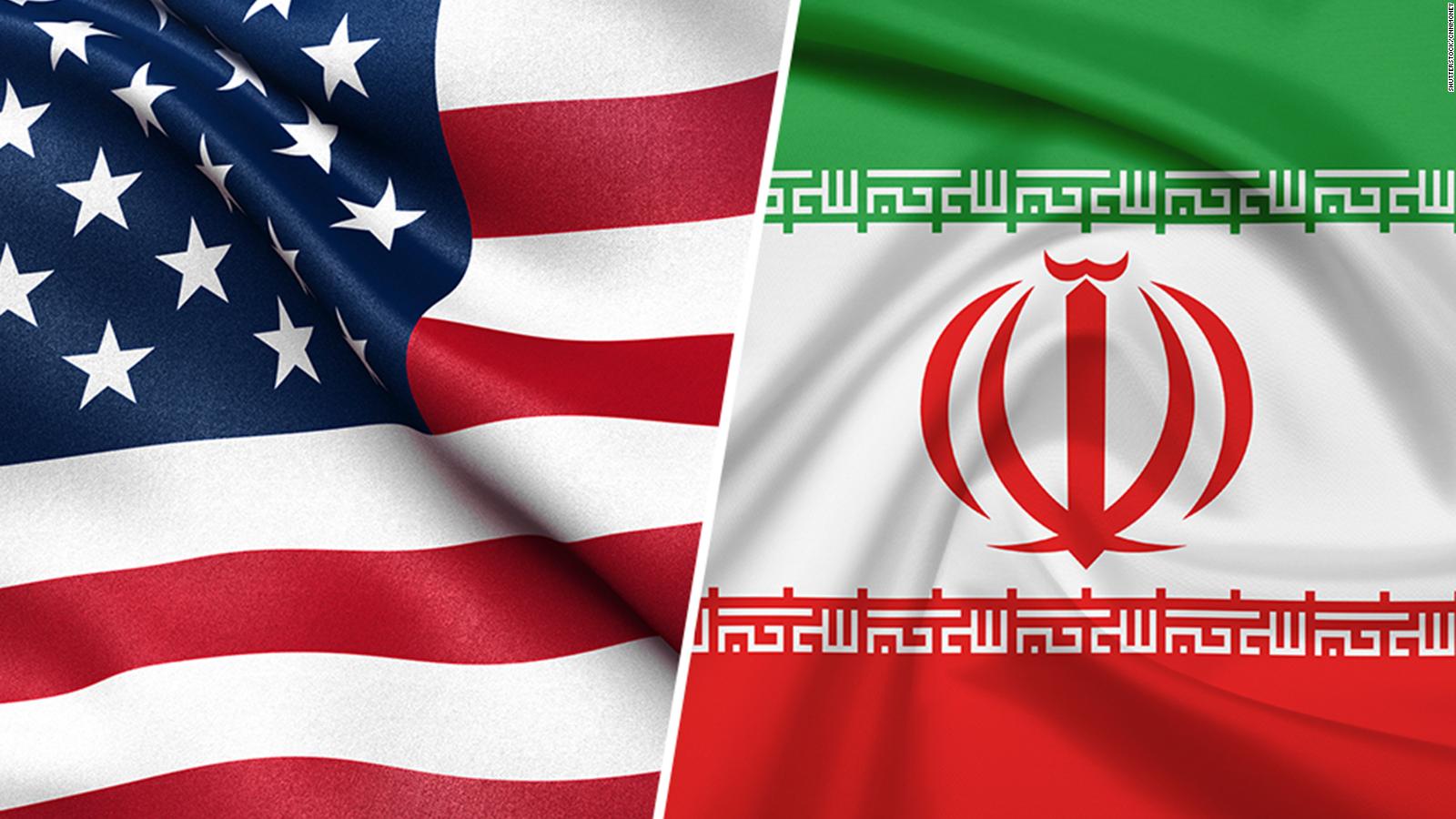
In the strained hours following the American killing of a top Iranian military officer, the nation's preeminent pioneer, Ayatollah Ali Khamenei, showed up at a gathering of the administration's National Security Committee to set out the parameters for any counter. It must be an immediate and corresponding assault on American interests, he stated, straightforwardly completed by Iranian powers themselves, three Iranians acquainted with the gathering said Monday.
It was a frightening flight for the Iranian administration. Since the foundation of the Islamic Republic in 1979, Tehran had quite often shrouded its assaults behind the activities of intermediaries it had developed around the area. Be that as it may, in the fierceness produced by the murdering of the military leader, Maj. Gen. Qassim Suleimani, a nearby partner and close companion of the incomparable pioneer, the ayatollah was happy to throw away those customary alerts.
The country's indignation regarding the authority's passing was on distinctive showcase Monday, as a huge number of Iranians filled the avenues of Tehran for a burial service parade and Mr. Khamenei sobbed straightforwardly over the box.
Following quite a while of incensed fights the nation over against defilement and mismanagement, both the individuals who had reprimanded and bolstered the administration walked together, joined in shock. Metro prepares and stations were stuffed with grievers hours before first light, and families brought youngsters conveying photos of General Suleimani.
A reformist government official, Sadegh Kharazi, said he had not seen swarms this size since the 1989 burial service of the Islamic Republic's organizer, Ayatollah Ruhollah Khomeini.
"We are prepared to render furious retribution against America," Gen. Hamid Sarkheili of the Progressive Watchman, pronounced to the crowd. "American soldiers in the Persian Inlet and in Iraq and Syria are inside our span."
"No exchanges or arrangement, just war with America," understudies recited in an online video from a college grounds.
A famous eulogist and individual from the Progressive Watchman, Sadegh Ahangaran, admonished the burial service groups to speak loudly so "accursed America can hear you" and to "wave the banners in anticipation of war."
The undeniably open pledges of direct activity on Monday established Iran's most recent demonstration of resistance to President Trump. Throughout the end of the week, the president had more than once took steps to fight back for any assaults against American interests by requesting airstrikes against upwards of 52 potential targets, one for every one of the American prisoners held after the seizure of the US international safe haven in Tehran in 1979.
Accordingly, Iran's moderate president, Hassan Rouhani, on Monday reacted with his own numerology. "The individuals who allude to the number 52 ought to likewise recall the number 290," he said on Twitter, a reference to the 290 individuals executed in 1988 in the coincidental bringing down of an Iranian carrier by an American warship. "Never compromise the Iranian country," Mr. Rouhani included.
Where, when and regardless of whether Iran may decide to fight back stays a matter of hypothesis. As Iranian pioneers weighed exactly what structure it may take, investigators said the objectives remembered American soldiers for neighboring Syria and Iraq, American bases in the Persian Bay or American international safe havens or representatives anyplace.
At the point when past endeavors at direct strikes or deaths have demonstrated ineffective, some prominent, Iranian-sponsored aggressors have gone to the more straightforward strategy of slaughtering regular folks with fear-based oppressor bombs.
This was the succession in 2012 with the Iranian-upheld Lebanese gathering Hezbollah. In the wake of flopping in endeavors to assault Israeli targets or murder Israeli authorities in vengeance for the executing of one of the gathering's heads, the activists, in the end, chose the simpler activity of shelling a transport heap of Israeli vacationers in Bulgaria, said Afshon Ostovar, a researcher of Iran at the Maritime Postgraduate School.
"We are in an unfamiliar area, and the reality of the situation is no one knows how Iran will react. I don't think even Iran knows," Mr. Ostovar said. "Be that as it may, I think there is a blood desire right now in the Progressive Watchmen."
In Iraq, where the Parliament had before required the prompt removal of the 5,000 American soldiers positioned there, Executive Mahdi on Monday recorded strides to diminish the soldiers' developments.
While plans were being made for a flight of the Americans, he stated, they will currently be constrained to "preparing and exhorting" Iraqi powers, required to stay inside the bases and banned from Iraqi air space.
Mr. Mahdi met with Matthew Tueller, the American diplomat to Iraq, on Monday, and "focused on the requirement for a joint activity to actualize the withdrawal," as indicated by an announcement and photograph discharged by Mr. Mahdi's office. He likewise underlined Iraq's endeavors to forestall the present pressures among Iran and the US from sliding into "open war."
The US military mixed a media whirlwind by inadvertently discharging a draft letter that appeared to depict approach intends to pull back from Iraq. Marine Corps Brig. Gen. William H. Seely III, the officer of the US powers in Iraq, kept in touch with the Iraqi government that the American soldiers would be migrated "to plan for ahead development."
"We regard your sovereign choice to arrange our take-off," he composed.
Be that as it may, Safeguard Office authorities made light of the noteworthiness of the letter. "Here's the main concern, this was a slip-up," General Imprint A. Milley, President Trump's top military officer, told columnists at the Pentagon during a quickly called press instructions. "It's a draft unsigned letter since we are moving powers around."
"There's been no choice at all to leave Iraq," Imprint T. Esper, the safeguard secretary, told columnists. "There's been no choice made to leave Iraq. Enough said."
Despite the fact that the Trump organization has said that the US killed General Suleimani in light of the fact that he was arranging up and coming assaults against American interests, there were signs Monday that he may have been driving a push to quiet pressures with Saudi Arabia.
PM Adel Abdul Mahdi of Iraq said that he should meet with General Suleimani on the morning he was slaughtered and that he anticipated that he should bring messages from the Iranians that may "agree and leaps forward significant for the circumstance in Iraq and the district."
In Washington, two top Senate Democrats encouraged President Trump early Monday to declassify the organization's proper notice to Congress pulling out of the airstrike that killed General Suleimani.
Such notice of Congress is legally necessary, and to arrange the whole of such a warning is profoundly irregular.
Representative Throw Schumer of New York, the Popularity based pioneer, and Congressperson Robert Menendez of New Jersey, the top Democrat on the Remote Relations Advisory group, said in a joint articulation that it was "important that national security matters of such import be imparted to the American individuals in a convenient way."
Also, Congressperson Mitch McConnell, the Republican chief, encouraged Mr. Trump's faultfinders not to form a hasty opinion. "Tragically, in this poisonous world of politics, a portion of our partners hurried to accuse our very own administration before knowing the realities," he said.
As far as concerns its, Iran at the same time proceeded with a months-in length push against the Trump organization over its requests that Tehran submits to an increasingly prohibitive renegotiation of a 2015 accord with the Western controls over its atomic research. The Trump organization has tried to pressure Iran by crushing its economy with clearing monetary assents, which Iranian authorities have reproved as financial fighting.
The assents set off the cycle of assaults and counterattacks that finished a week ago in the murdering of General Suleimani. Iran has additionally reacted with deliberately adjusted advances from as far as possible on its atomic program. On Sunday, Iranian authorities said that they had now relinquished all confinements on the improvement of uranium, however, they said they would keep on conceding investigators from the Global Nuclear Vitality Organization.
In the midst of the feeling of the memorial service, some called for retaliation that would change the locale. "Regardless of whether we assault all of U.S. bases and regardless of whether we slaughter Trump himself it's insufficient retribution," Brig. Gen Amir Ali HajiZadeh said at the memorial service. "We should thoroughly kill all U.S. troops from the area."
Until further notice, Iranian authorities appear to be in no hurry to strike back against the US, perhaps making the most of their capacity to spread nervousness all through the West. They appear to be substance to loll in the patriot flood in their prominence, developing worldwide compassion and the push to remove the American soldiers from Iraq. "I would prefer to think they not to move the discussion yet," said Sanam Vakil, a researcher of Iran at Chatham House, an examination focus in London.
Be that as it may, for the hard-liners who rule the Iranian National Security Gathering, she stated, some overwhelming counter would be the main levelheaded reaction. "A non-reaction would seem feeble and welcome further weight, making issues in local governmental issues and globally," she said.

